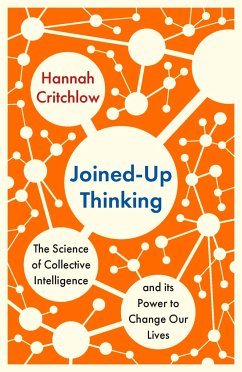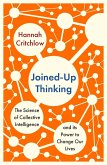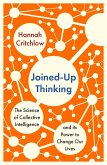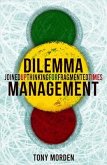'A lively examination of communal endeavour... important and correct' - Steven Poole, The Guardian At a time of existential global challenges, we need our best brainpower to solve them. So how do we create genius environments, help our brains flourish and boost group thinking? Neuroscientist and bestselling author of The Science of Fate Hannah Critchlow shows how two heads can be better than one. Almost everything we've ever achieved has been done by groups working together, sometimes across time and space. Like a hive of bees, or a flock of birds, our naturally social, interconnected brains are designed to function best collectively. New technology is helping us share our wisdom and knowledge much more diversely across race, class, gender and borders. And AI is sparking a revolution in our approach to intelligent thinking - linking us into fast-working brain-nets for problem solving. Hannah Critchlow shows all the tricks to help us work best collectively - how to cope with wildly differing opinions, balance our biases, prevent a corrupting force, and exercise our intuitive ability for the most effective outcomes. She shares compelling examples of success, at work, in families, and all team situations, and shows us how to work, play and grow with intelligence.
Hinweis: Dieser Artikel kann nur an eine deutsche Lieferadresse ausgeliefert werden.
Hinweis: Dieser Artikel kann nur an eine deutsche Lieferadresse ausgeliefert werden.








